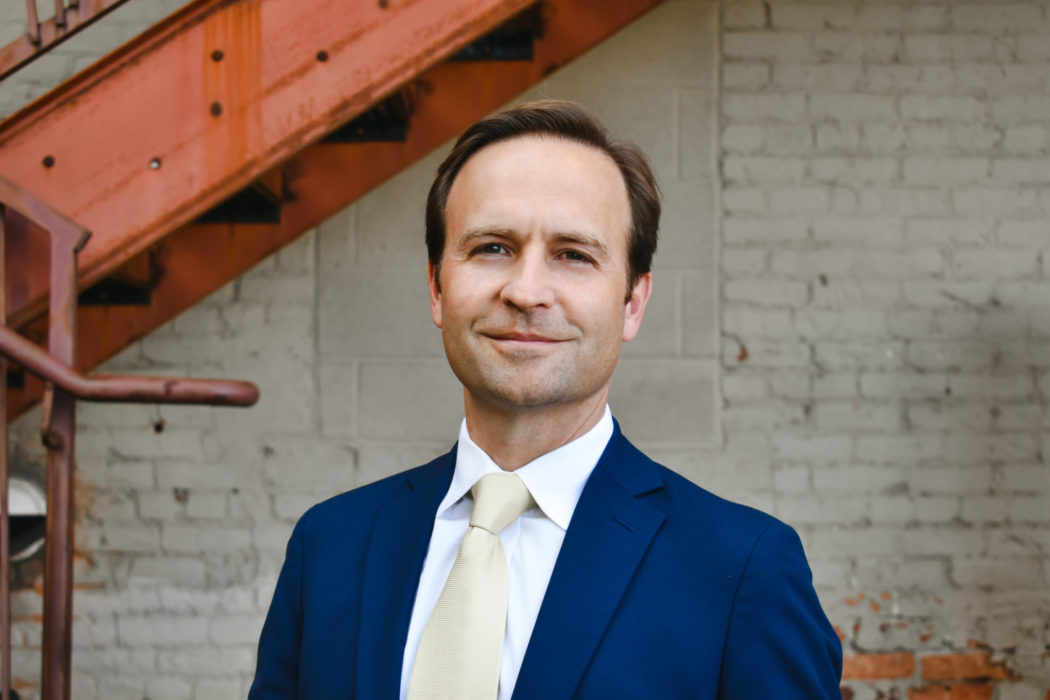
SBAM Proposes $65,000/$130,000 In Tax Exemptions For All Retirees, Working Seniors
February 7, 2023
Article courtesy MIRS News, for SBAM’s Lansing Watchdog e-newsletter
The Small Business Association of Michigan (SBAM) would like to see retirees and working seniors have access to up to $65,000 (for single filers) and $130,000 (for couples) in tax-free income.
Monday afternoon, SBAM hosted a virtual press conference addressing Democrats’ SB 1 and HB 4001 with a proposal of their own.
At the start of Monday’s press conference, SBAM President and Chief Executive Officer Brian Calleyclarified his organization has not asked for any changes to be made to the current tax system on retirement incomes, but is presenting a proposal “since it appears that changes are imminent.”
On Jan. 26, the Senate approved legislation 23-15 that would reinstate tax-free public pensions during the 2023 tax year, while also offering tax exemptions on employer-provided annuities and employer donations and matches for 401(k)s. Under the bill by Sen. Kevin Hertel (D-St. Clair Shores), a senior could either file for the new tax exemptions if they were eligible, or they could access up to $56,961 per single filer or up to $113,922 per couple in non-restricted deductions.
HB 4001 by House Appropriations Chair Angela Witwer (D-Lansing) passed 67-41 in the House on the same day, and would offer similar exemptions – but through a four-year phase-in approach that would reach full effect in 2026.
During Monday’s press conference, Calleyrelayed the Pew Research Center definition of middle class, which is those earning two-thirds to double the American median household income.
“Here in Michigan, the idea of setting private sector retirement exemptions at $65,000 per (individual) and $130,000 for joint filers or for households would encompass the middle class as defined by Pew,” Calley said.
Calley additionally said creating a penalty for those who continue to work as compared to their retired counterparts “really doesn’t make policy or political sense.”
The SBAM proposal would also authorize working seniors to start claiming tax-exempted income starting at 59.5 years-old.
While serving as lieutenant governor under Republican Gov. Rick Snyder, Calley delivered the tie-breaking vote on legislation installing the 2011 income tax code, removing complete tax exemptions on public pensions. It established an across-the-board formula permitting taxpayers born after 1952 to access $20,000 per single filer and $40,000 per couple in exempted deductions once turning 67 years-old.
“I’m (the) CEO of an association today, but because I was an elected official before, sometimes it’s hard to kind of separate that out…you know, what’s SBAM and what’s Brian Calley?” Calley said. “In our case, we have a member-driven process of positions. We have policy positions that are established by cohorts of active, small business owners, and then we do surveys quarterly, as well.”
From Jan. 18-27, a SBAM survey of nearly 500 small business owners discovered that 86% of respondents supported “equitable treatment” when it came to retirement policies, with 6% favoring the prioritization of pensions and 8% undecided on their position.
“It’s an unusually high level of support. I don’t remember ever seeing any consensus around an issue as much as this one,” Calley said. “We would like, number one, for private sector retirees, including small business owners and their employees to be treated more equitably. (Encompassing) the entire middle class and the size of the tax credit, I think, would be a good way to accomplish that.”
Calley said he believes SBAM’s proposed exemptions for private sector retirees would be 13-14% higher than the ones offered by Democratic legislators. He additionally said he thinks there’s a lot of merit in simplicity within the state’s tax code.
He described the legislation at-hand as creating a more complex system where some retirement incomes become unlimited, some have limits and “the seniors who continue to work, of course, are still taxed like they were before.”